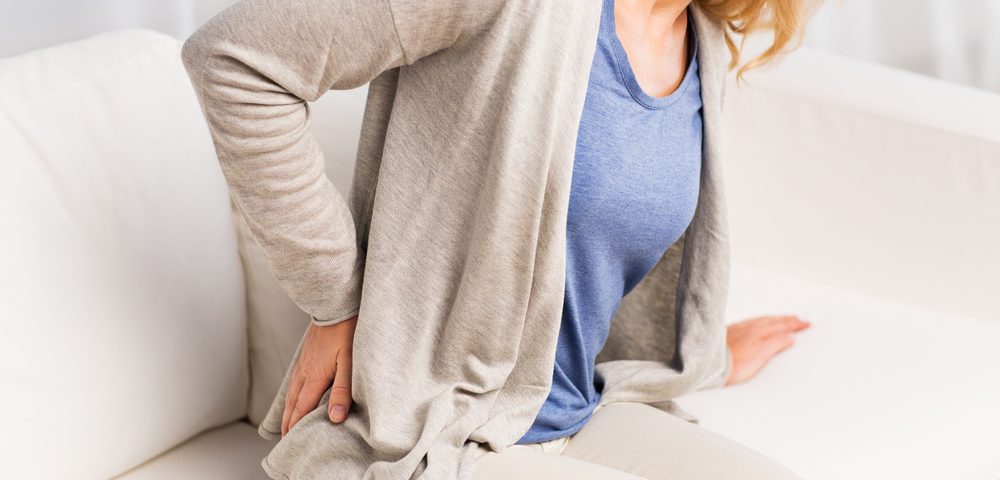The Early Morning Wake-up Call
Written by |

A piercing scream woke me from a sound sleep that morning. It echoed from every corner of the house. My brain struggled to identify the source of the squealing before finally realizing it was coming from me. Intense pain was all over my body.
Like a bad toothache, it came out of nowhere and required immediate attention. It sent electric jolts down the length of my spine and throbbed in my ankles, knees, and wrists. Eventually, it even took over the soles of my feet, my fingertips, and every joint in my body. The maximum amount of over-the-counter medication I could take did nothing to dull it. Even prescription pain relievers didn’t help. I was no medical professional, but I knew something was very wrong.
Over the years, I had been told by several healthcare practitioners that I have a rather high tolerance for pain. For years, in fact, I’d often managed migraine headaches with only over-the-counter pain relievers and ice. This time, however, I was struggling.
Because of the severity, I couldn’t work, my social life came to a screeching halt, and I could barely keep up with my daily activities within the confines of my house. I spent my days running to different doctors, undergoing a series of tests, doing my own research, and trying to find answers. Not only was I exhausted, but I was frustrated and scared and feeling misunderstood.
During this time, people around me tried to be helpful. Some advised me to take time off from seeing doctors, while others encouraged me to enjoy the weekends more or go out to dinner. What I realized and they couldn’t, however, is that you can’t simply put extreme pain on a shelf or live life around it. It’s with you every second of every day. In a sense, pain becomes your life.
In those early days before being diagnosed with sarcoidosis, I felt like a swimmer in a sea of fear and uncertainty; I’d take two strokes forward before being pulled under by despair. During the times when the sea was calm, I’d be waiting for the next wave to hit. I often felt as though I were silently and steadily sinking.
By the time the agony finally relented — on its own, not because of any medication — I had learned something. I realized the importance of listening to my own body, taking well-intentioned advice with a grain of salt, and making the most of each day, since I didn’t know what tomorrow would bring. While these were lessons painfully learned, like that 2 a.m. wake-up call, they’re messages I won’t soon forget.
***
Note: Sarcoidosis News is strictly a news and information website about the disease. It does not provide medical advice, diagnosis, or treatment. This content is not intended to be a substitute for professional medical advice, diagnosis, or treatment. Always seek the advice of your physician or other qualified health provider with any questions you may have regarding a medical condition. Never disregard professional medical advice or delay in seeking it because of something you have read on this website. The opinions expressed in this column are not those of Sarcoidosis News or its parent company, Bionews Services, and are intended to spark discussion about issues pertaining to pulmonary fibrosis.






Leave a comment
Fill in the required fields to post. Your email address will not be published.